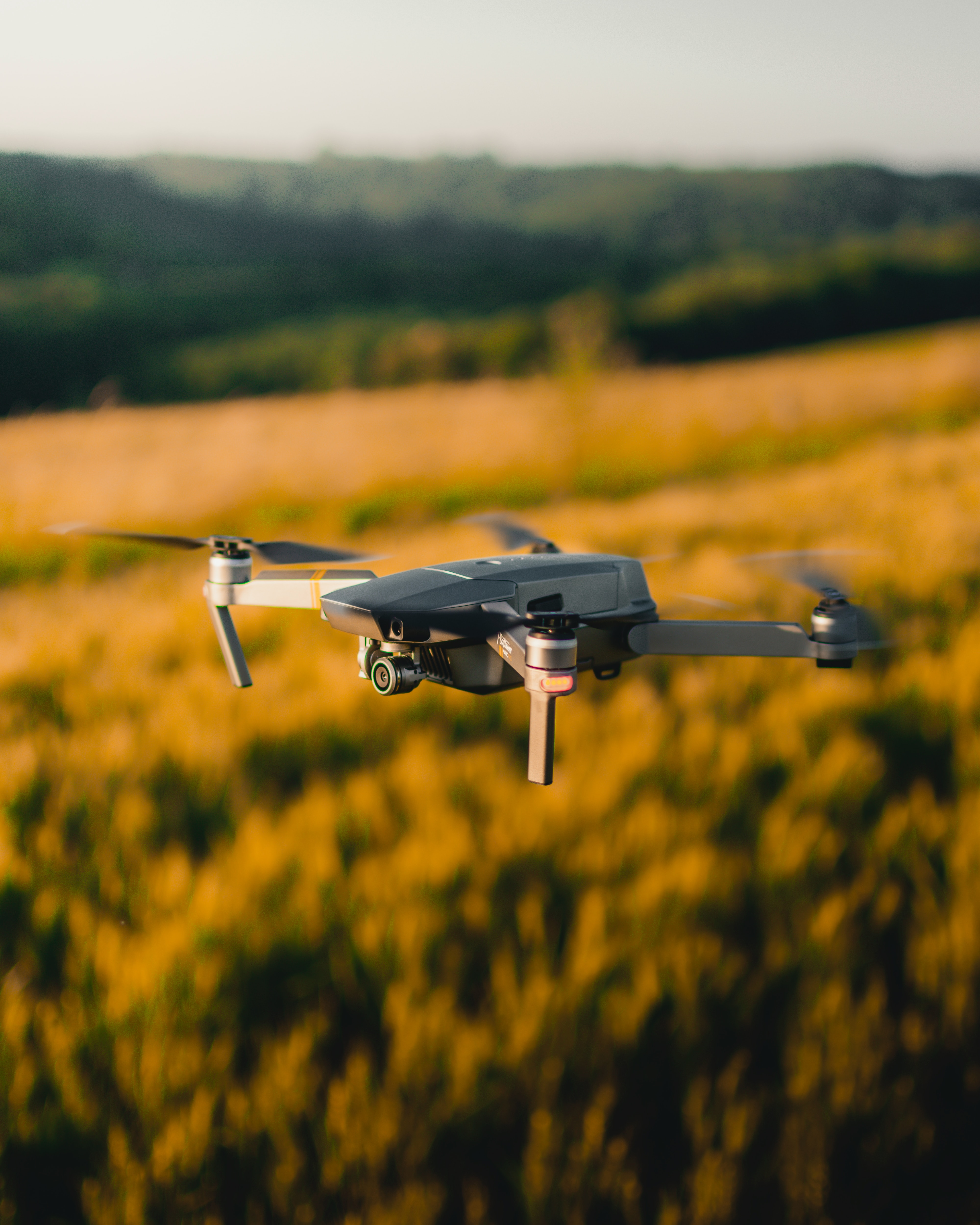Blog - September 20, 2022
Blog
Using Commercial Drones? Here’s The Legal And Insurance Information You Need


Using drones for commercial filming is becoming increasingly popular. From making cool adverts for clients or capturing sweeping shots for film production, to surveying hard-to-reach areas, drones are definitely here to stay.
Whilst the use of small personal drones has been unregulated for a long time, commercial drone flying is heavily regulated by the Civil Aviation Authority (CAA). Some of their rules relate to insurance, and there are serious implications for breaching them. That’s why we’re here to talk you through the things to consider before you take flight.
Will my insurance cover me for using a drone?
As drones are considered aircraft, most insurers automatically exclude them from their policies. But due to growing demand, a small number of insurers can now extend the Public Liability scope of cover to include drones – though it may come at a price. In most other cases, and sometimes for cost reasons, a separate policy is required with a dedicated drone insurer.
Although Public Liability cover is the focus here, other types of insurance should still be considered, such as Professional Indemnity (which would step in if the filming constituted an invasion of privacy) and property damage (because a stolen or damaged drone can be expensive to replace).
Do I need an annual insurance policy to use my drone?
This will depend on your business. If the drone is only being used for a single project, some insurers can offer a one-off option, either as a mid-term adjustment on a policy, or as a short-term solution.
Any business that uses a drone multiple times over the year should have an annual policy, as it gives certainty, saves admin time and is generally more cost effective.
What factors could affect the insurance terms I receive?
Underwriters consider a number of things when deciding whether to quote for drone activities, and these should be front of mind for any business looking to undertake drone work. They include:
Experience
How much experience does the pilot have? What qualifications do they hold and how many flight hours do they have under their belt?
Drone specifications
What type of drone is it, what size, and how heavy? What would be the severity of any collision? What damage could it do to people or property? What’s the drone value in the event it’s lost or damaged?
Flight type
What altitude will the drone be flown at? And how far away will it be from the operator should something go wrong? Will it be flown in large empty spaces, or close to buildings, groups of people, or space other aircraft might use?
What will be filmed?
Will the project be low risk, filming basic scenery and content of the people engaged within the project itself? Or will it be a higher-risk situation, filming the general public who may not wish to be filmed, or structures that might require permission to capture?
What does the law say?
Drones weighing between 7 kg and 150 kg are currently governed by the Air Navigation Order 2016. Some key obligations to note are:
Range
Drones weighing more than 7 kg must not be flown above 400 feet. The drone must remain within the operator’s sight to a maximum distance of 500 metres.
High-risk areas
Permission from the CAA must be obtained to fly in any congested area, such as towns, city centres, busy residential areas, and events with more than 1,000 attendees.
Qualification requirements
All drone operators must have the correct qualification ID and have passed a theory test before flying the drone. It’s against the law to fly commercial drones without the appropriate qualifications – you could be fined up to £1,000 for contravention.
What about recreational drone use?
The law is likely to change on this aspect, but at the time of writing, there’s no statutory requirement for qualifications or Public Liability insurance for any drone below 7 kg being used for recreational purposes.
I’ve obtained my CAA IDs and bought a drone, what should I do next to be insured and compliant?
Speak with your broker as they’re best placed to advise if you’re covered, if your current policies can be extended, or if a standalone solution is required. If you’re unsure or your broker doesn’t really understand drone work, speak to us.
Reach out to RiskBox
Here at RiskBox, our team of independent insurance specialists can answer all questions relating to commercial drone insurance, and help you get peace of mind that you’re operating safely and compliantly.
Contact us today on 0161 533 0411, email info@riskboxuk.com or fill in our online contact form.
Photo by Gautier Salles on Unsplash